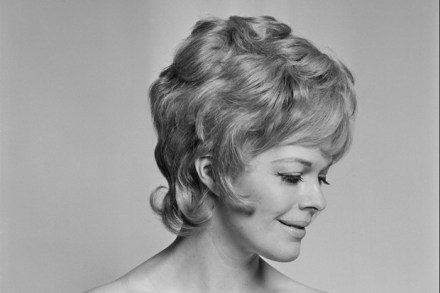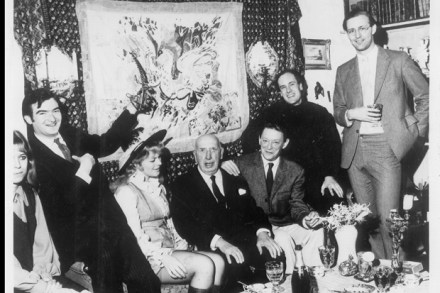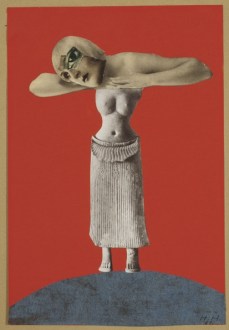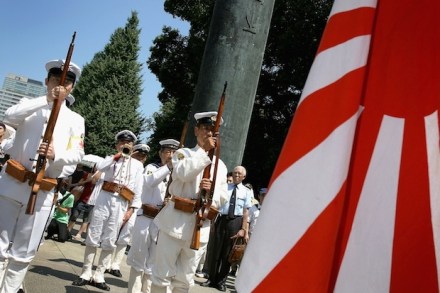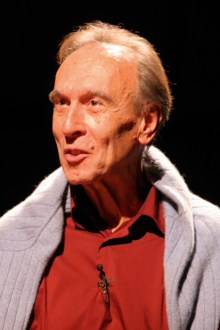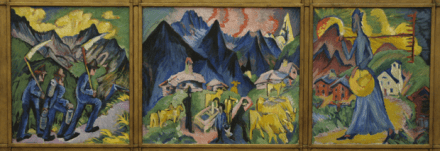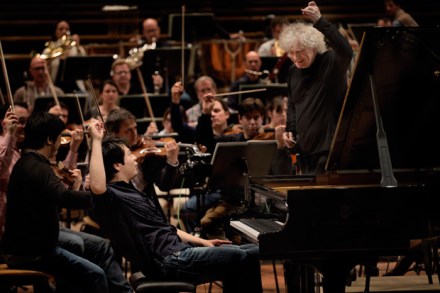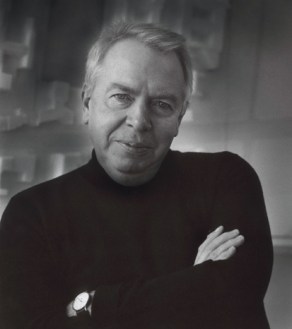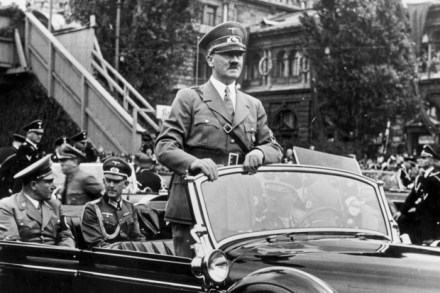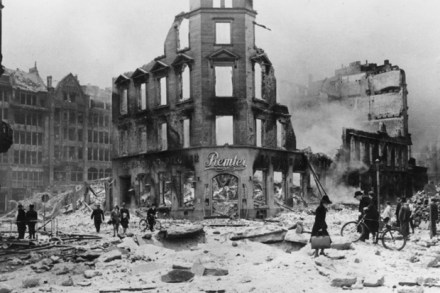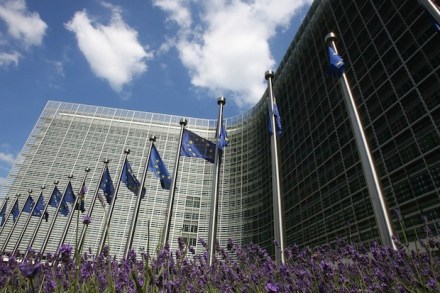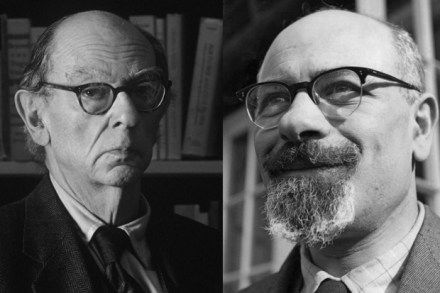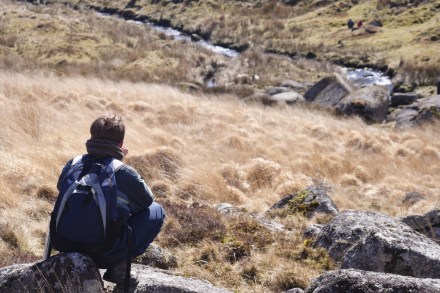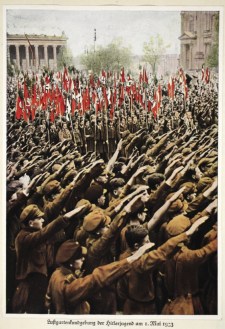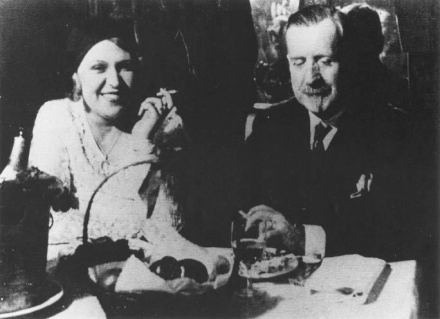Rugger, Robin Hood and Rupert of the Rhine: enthusiasms of the young Antonia Fraser
Despite it being a well known fact that Antonia Fraser had earthly parents, I had always imagined that she had somehow skipped infancy and emerged instead from a celestial cloud, surrounded by hordes of trumpet-wielding cherubim, a fully-formed Venus in pink and gold and white. Turreted castles, a constant shower of sovereigns, a title, a jewelry box whose contents might have made Liz Taylor wince: this was the milieu suggested by her tremendous beauty and mysterious half-smile. My History, a captivating memoir of her childhood and early youth, proves otherwise. In fact Antonia’s father, Frank Pakenham, was a second son who married the very clever daughter of a Harley Street
